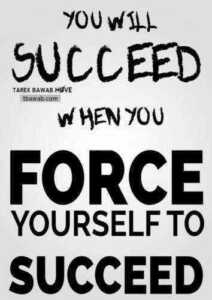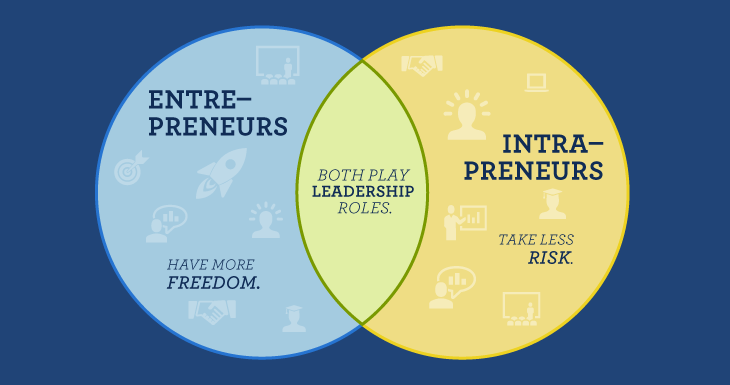Most of the people who work in a company have received professional and technical training at some point in what is known as “hard skills“.
Those that have to do specifically with their innate talents and the good performance of their role in the company.
However, there is also another line of extremely important skills in the company that are usually given lower priority and that are related to the development of the character and personality of the employee.
These, known as “soft skills “They have to do with emotional intelligence, assertive communication, persuasion and the ability to sell.
As well as knowing how to work in a team and the development of personal values.
All are skills that become more relevant every day and that they can make the difference between an organization that advances by inertia or one that grows at a highly productive rate.
Unfortunately, many managers and directors mistakenly believe that these skills are developed out of simple common sense. There are even those who even think that they are not relevant to the success of the company.
Others assume that setting goals within each department will automatically awaken these qualities in your employees.
Or they assume that each person must ensure their own development individually, which, although true, is not very effective.
In such a way that it is essential for any company, small or large, to also give priority to the development of these intangible skills to their work teams in order for the organization to be strengthened as such and to move fully towards the achievement of its objectives.
But the million dollar question that all entrepreneurs ask at some point is how do you develop high performance teams? How much to invest in corporate training ?:
Is training an expense or an investment?
In order to determine this, let’s start from a point that every company is interested in: competitiveness.
Today more than ever, organizations are under enormous pressure from competition. Globalization in the digital age demands that we be faster and more skilled every day.
Today you no longer have to compete only against the premises across the street or the office of the building next door, but also against freelancers offering their services from home, stores in other countries or the distributor that operates in China and sends the product to the door of your customers home.
Distribution systems, diversity of means of payment, and production capacity are determining factors, but we must not forget that competitiveness is based on the ability of any organization to adapt quickly to changes.
And to understand these changes you need people and people who can understand and serve the priorities of today’s customer:
- Customers are looking for great experiences
- Customers want excellent service
- Customers want speed
- Customers want omnichannel communication
- Customers require little advice to buy
- Customers are becoming more and more experts
- Customers are hyper information
In order to meet all these requirements, it is necessary and essential to invest in better-trained personnel, fully prepared to meet the client’s high requirements quickly and professionally.
In these times, it is not enough to manufacture the best product or provide an innovative service, you have to have the ability to develop increasingly efficient business models that meet the demands of customers and for this, people are the key factor.
A single weak link in the process can make the difference between winning a negotiation or losing it.
From there we conclude that people are still the pillar that makes companies successful or not. For example, many of the large multi-million dollar companies today achieve their results because they have developed a sales culture that all of their staff have embraced and which literally means: “everyone sells“.
That is understanding the importance of training for the development of soft skills.
Knowing how to handle a complaint or claim, being able to communicate assertively with clients, prepare a prompt and clear quote, the ability to work in a team and negotiation skills are just some of the many skills that your collaborators must develop.
Finally, to conclude if training is an expense or an investment is something that you can only answer in light of how competitive you want to be in your company.
A single weak link in the process can make the difference between winning a negotiation or losing it.
























